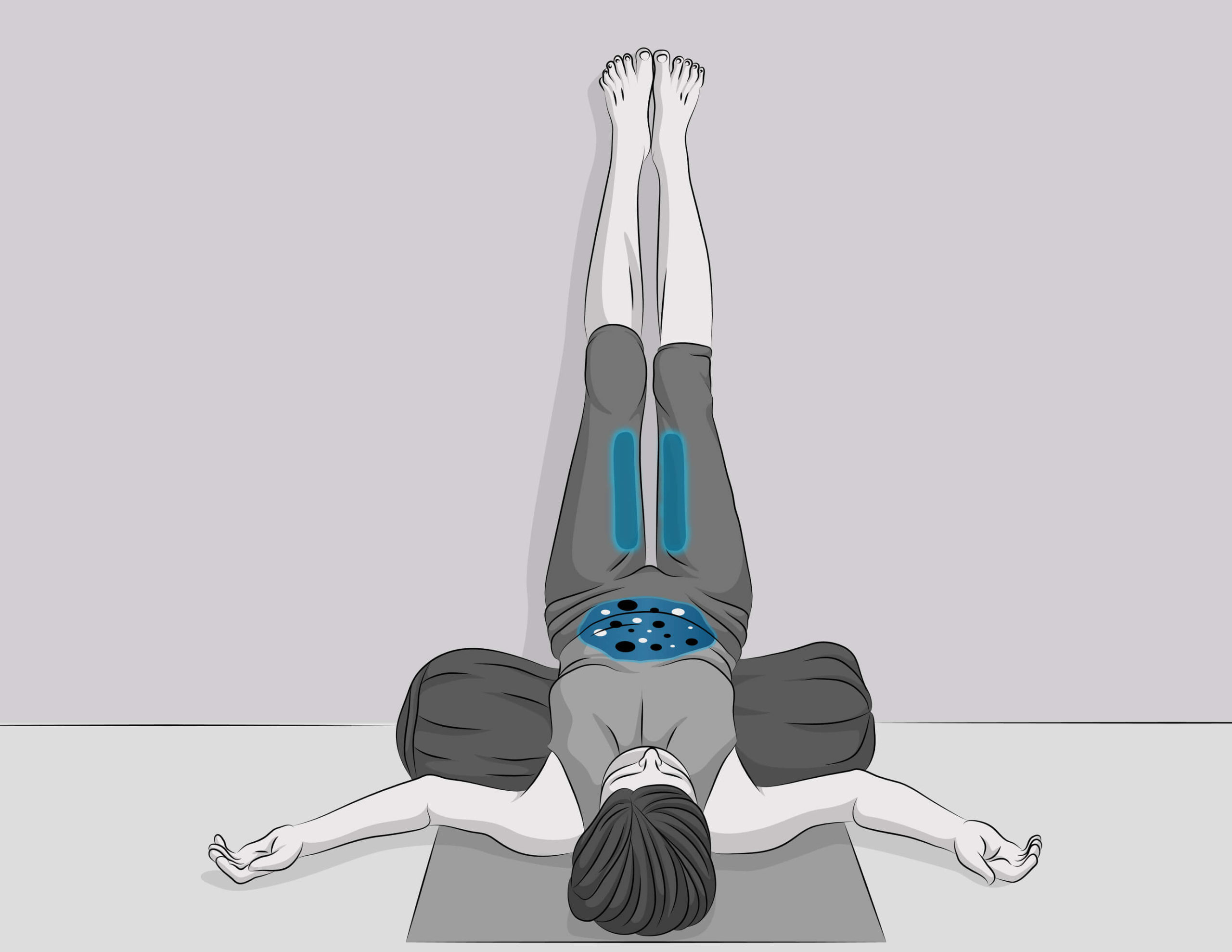Understanding Hydration and Its Importance
Water is essential for life, and maintaining proper hydration is crucial for your health. Every cell, tissue, and organ in your body requires water to work efficiently. Not only does it help to regulate body temperature and maintain the balance of bodily fluids, but proper hydration also aids in digestion, nutrient absorption, and the elimination of waste products. Despite knowing the importance of staying hydrated, many people still do not consume enough fluids to meet their daily needs.
The Role of Water in the Body
Water acts as a building block, a solvent for chemical reactions, and a transport material for nutrients and waste. When you are dehydrated, your body cannot perform optimally. Chronic dehydration can lead to more serious health issues such as kidney stones, urinary tract infections, and even an increased risk of chronic diseases.
How Much Water Do You Really Need?
The amount of water needed can vary depending on several factors including age, weight, climate, physical activity level, and individual health conditions. The commonly referenced eight 8-ounce glasses of water a day is a good starting point, but it is not a one-size-fits-all recommendation. Pay attention to your body’s signals, such as the color of your urine and feelings of thirst, to help gauge whether you’re drinking enough fluids.
Indicators of Hydration Levels
A clear or light yellow urine color typically indicates good hydration, while a dark yellow or amber color may suggest you are dehydrated. Thirst is another signal that your body needs water; however, if you’re elderly or engage in intense physical activities, you might not be able to rely solely on thirst as an accurate indicator of hydration needs.
Choosing Your Beverages Wisely
Not all fluids are equal when it comes to hydration. Water is the best choice for staying hydrated as it is calorie-free, caffeine-free, alcohol-free, and readily available. Though beverages like tea and coffee can contribute to your fluid intake, be mindful of their caffeine content since high amounts can lead to increased urine production, potentially leading to dehydration. Sugary drinks and alcohol can also have a diuretic effect and contribute to dehydration
Beneficial Hydrating Alternatives
If you are looking for something other than water to keep you hydrated, consider herbal teas, which are naturally caffeine-free, or infused water with slices of fruit for flavor. Coconut water is another alternative that provides electrolytes and can be especially beneficial after vigorous physical activity.
Staying Hydrated During Physical Activity
When you exercise, you lose water through sweat, which helps cool your body down. It is crucial to drink water before, during, and after a workout to replenish fluids. Sports drinks can be beneficial for high-intensity workouts lasting more than an hour as they contain electrolytes like sodium and potassium that are lost in sweat.
Hydration for Athletes
Athletes have unique hydration needs due to the intensity of their workouts or sporting events. They may require specialized hydration strategies, including sports drinks with electrolytes, to maintain performance and prevent dehydration.
Hydration for Overall Wellness
Staying hydrated is not only important for physical performance but also for overall health and wellness. Adequate water intake can improve mood, brain function, and energy levels. It also plays a role in preventing constipation, maintaining healthy skin, and controlling calories for those who are watching their weight.
Tips for Staying Hydrated
Here are a few tips to help you stay hydrated throughout the day:
- Carry a reusable water bottle and refill it throughout the day.
- Drink a glass of water with each meal and between meals.
- Eat water-rich foods like fruits and vegetables.
- Set reminders to drink if you often forget to hydrate.
- Monitor the color of your urine to determine if you’re drinking enough fluids.
In summary, staying properly hydrated is a simple yet vital part of maintaining your health. Aim to understand your body’s unique needs, choose your beverages wisely, and be consistent in consuming sufficient fluids throughout the day. By ensuring you are adequately hydrated, you support your body’s natural functions, contribute to your physical well-being, and optimize your overall health.




